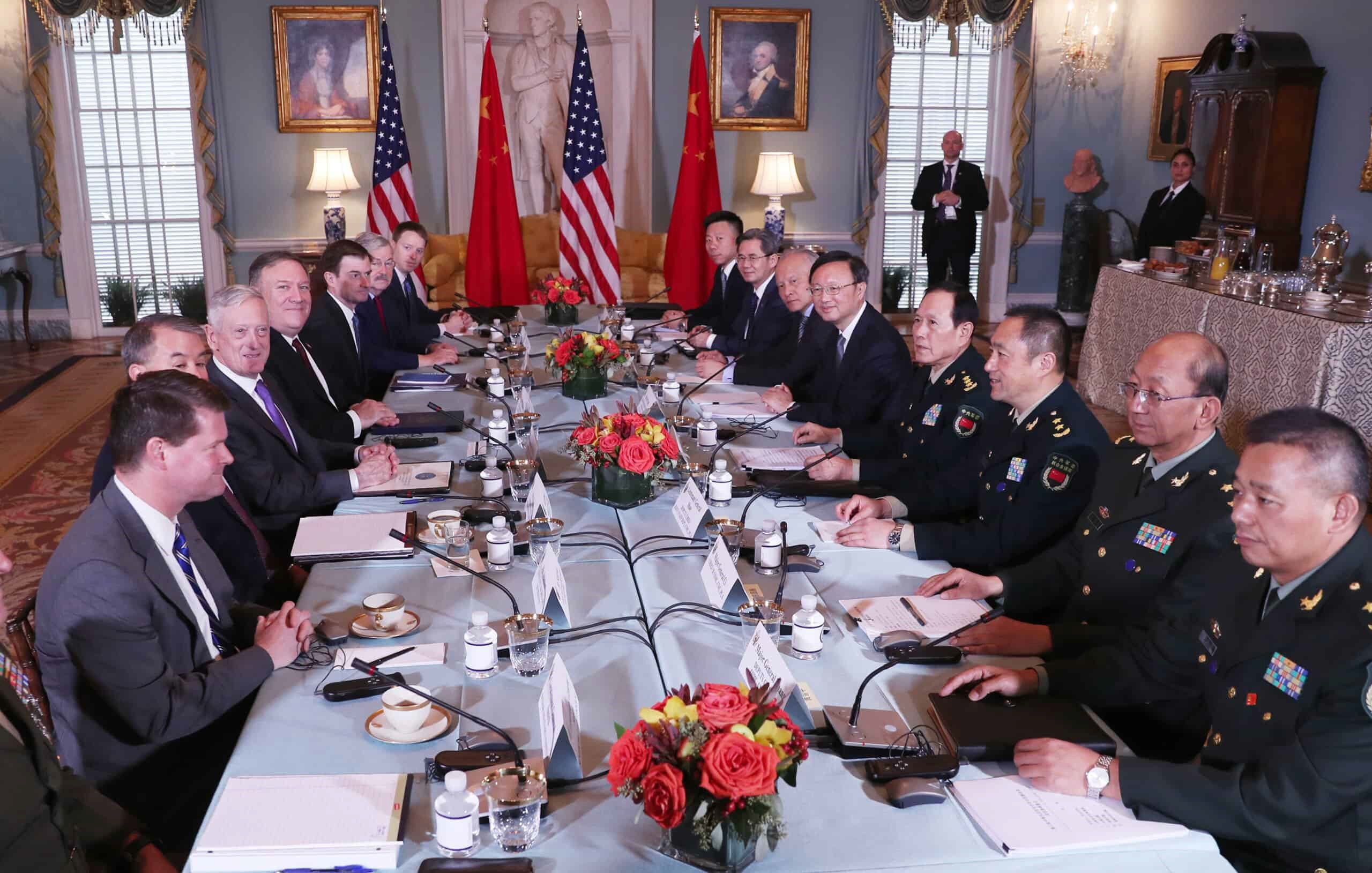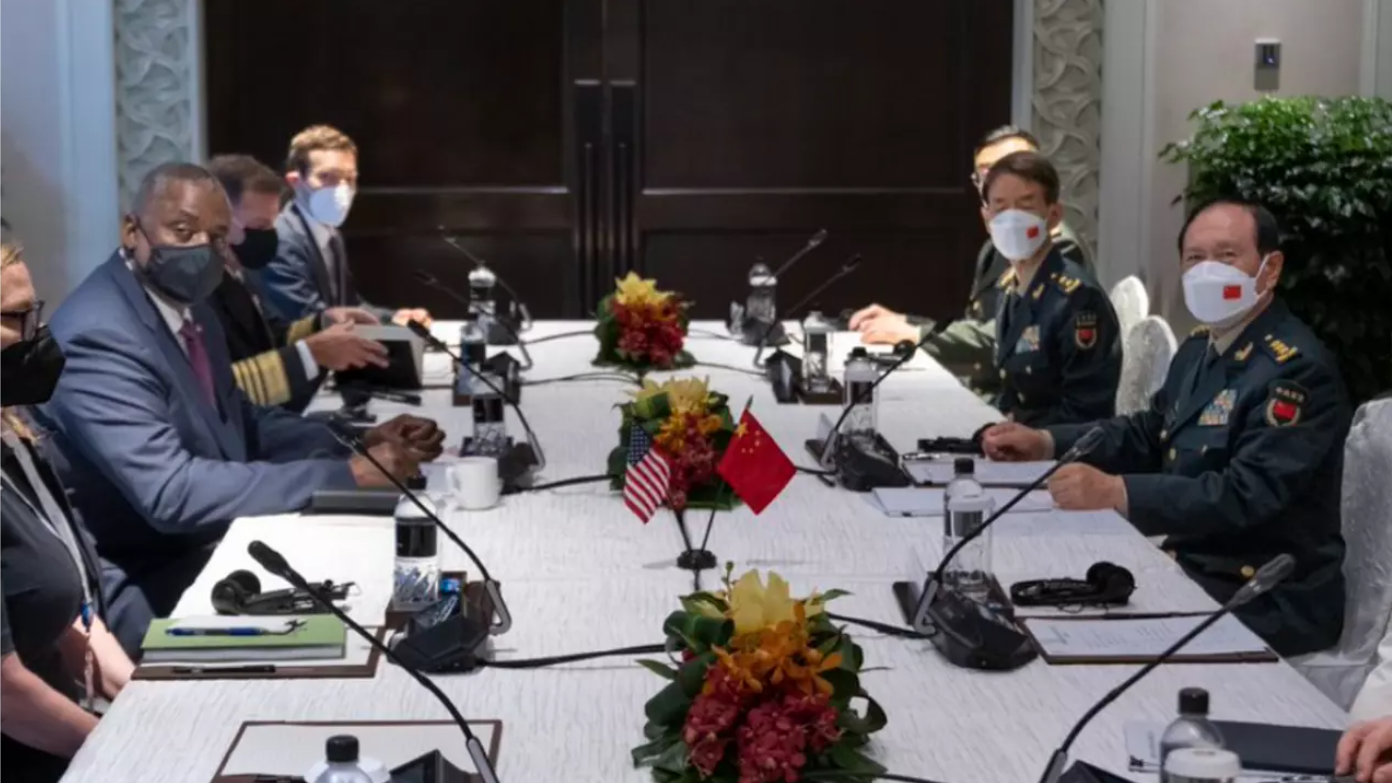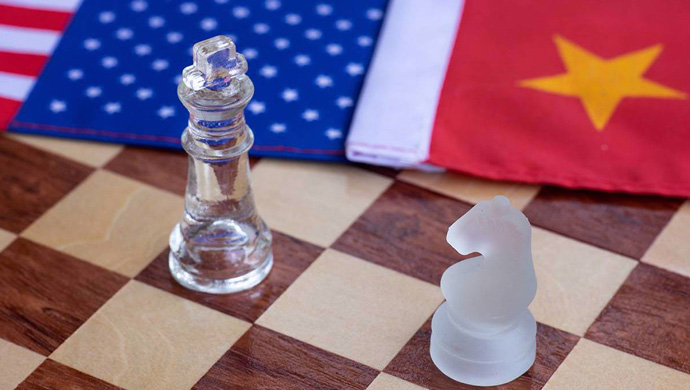Xiao Bin, Deputy Secretary-general, Center for Shanghai Cooperation Organization Studies, Chinese Association of Social Sciences
Aug 25, 2023
At the recent international security gathering, China made clear that it opposes military hegemony — where a superpower seeks to settle disputes by force. China, by contrast is working to bring the international community together to shape a new order that is more just and reasonable.
Earl Carr, Founder and Chief Executive Officer at CJPA Global Advisors
Nathaniel Schochet, Analyst and CJPA Global Advisors
Jul 11, 2023
Confrontations between the U.S. and China are being amplified by a lack of communication between the military leaders of both sides, even as officials from other national bureaus continue to meet. Without proper means to defuse situations, the risk for escalation runs even higher.
Zhong Yin, Research Professor, Research Institute of Global Chinese and Area Studies, Beijing Language and Culture University
Jun 16, 2023
Amid the souring stew if China-U.S. relations, the growing distance between the countries’ armed forces stands out as particularly significant. A halt in military interactions indicates high tension. The good news is that the two both sides agree that engagement still counts.

Stephen Roach, Senior Fellow, Yale University
Jun 08, 2023
Setting up a new joint secretariat could be key to keeping engagement between the world's leading economies on track.

Li Yan, Deputy Director of Institute of American Studies, China Institutes of Contemporary International Relations
Jun 16, 2022
The Shangri-La Dialogue underscored the importance of military-to-military relations as a stabilizing factor in China-U.S. relations. While they have been the most sensitive and closely watched aspect, they have also been one of the few bright spots.

Yao Yunzhu, Retired Major General, Chinese People’s Liberation Army
Apr 06, 2021
There’s a long list of worthwhile possibilities in the military and security fields, and it’s of utmost importance that the two countries engage with one another. The result of failure could be catastrophic.
Richard Javad Heydarian, Professorial Chairholder in Geopolitics, Polytechnic University of the Philippines
Mar 11, 2021
Joe Biden has promised to deliver a dramatic change from the former President’s ways, but a look at his actions in Asia show his administration may be picking up right where Trump left off.
Li Yan, Deputy Director of Institute of American Studies, China Institutes of Contemporary International Relations
Dec 28, 2020
While pursuing cautious containment, the U.S. will want to avoid major military frictions. Biden may re-emphasize the role of military exchanges with China, which will create opportunities for military dialogue and exchanges at all levels.
Li Yan, Deputy Director of Institute of American Studies, China Institutes of Contemporary International Relations
Sep 24, 2020
Once again the annual assessment is filled with unfounded suspicion and smears. Nevertheless, with relations at low ebb between China and the United States, relations between the two militaries will be the key to peace.

Zhang Tuosheng, Academic Committee Member at Institute for Global Cooperation and Understanding, Peking University
Nov 22, 2019
War often begins with security frictions. Taiwan and the South China Sea are powder kegs.